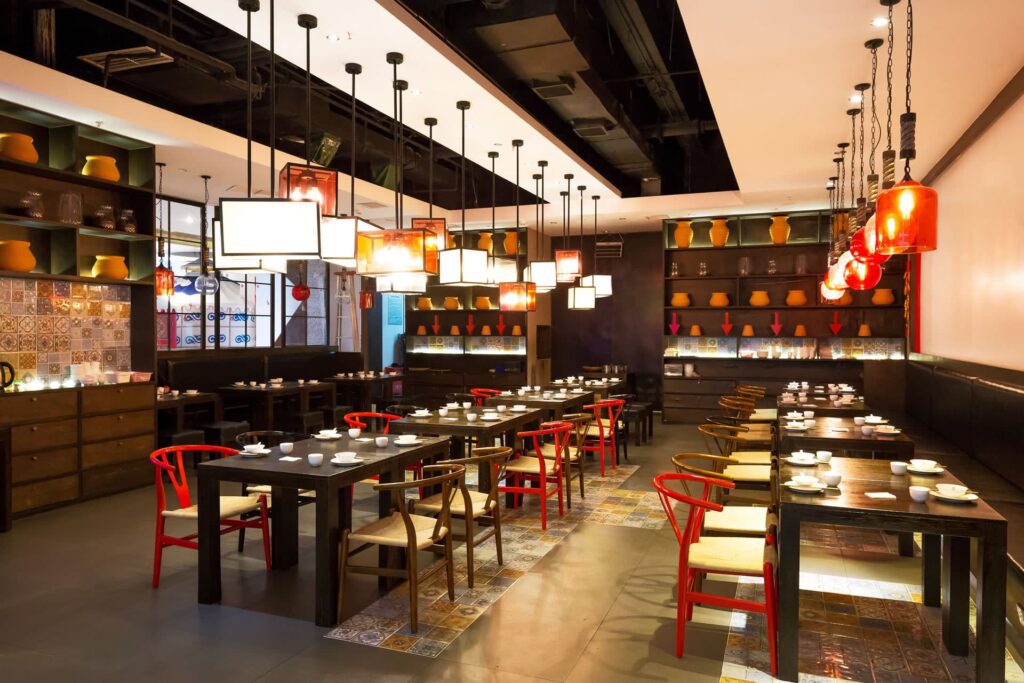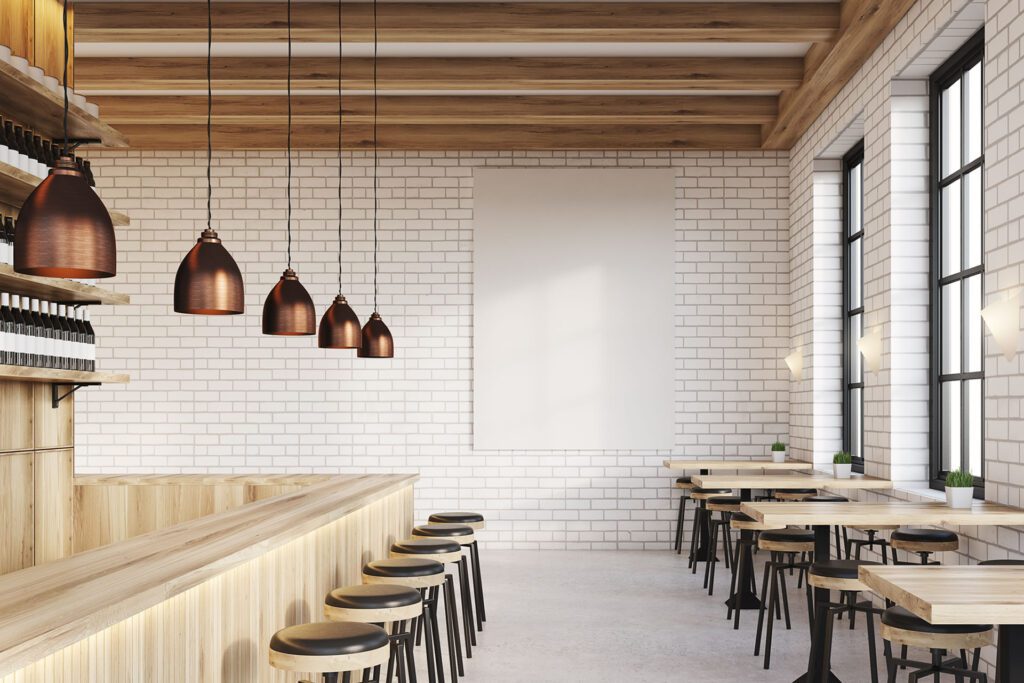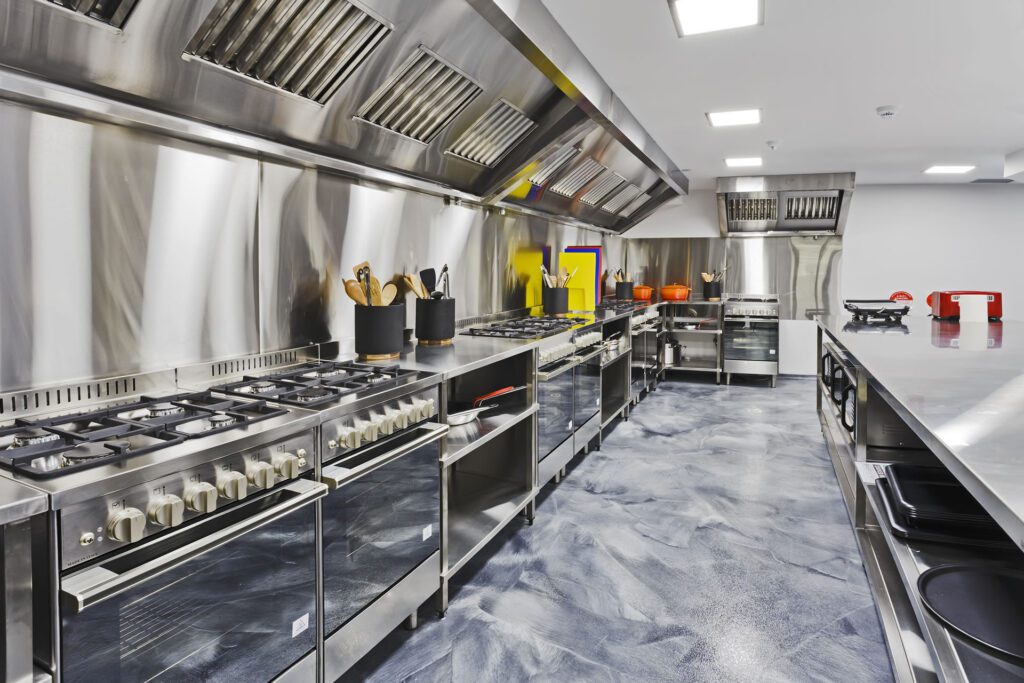
When it comes to restaurant flooring ideas, tile is one of the best options for any restaurant flooring. It is long-lasting and easy to maintain. However, tile can lose its initial look after some time. You might be forced to consider restoration because flooring contributes much to a restaurant’s environment. Worn-out tile may reduce the appeal of your restaurant.
But is there another way to avoid the hassle of restoration? Yes, there is a much cheaper and easier solution. And you don’t even have to close down your restaurant for a few days for the restoration work. The answer is to apply a ceramic floor-floating that creates a liquid glass shield over your tile. It’s called RexShield Tile sealer.
Are you worried about not having enough money to re-install your restaurant’s tile? Or, are feeling bad because you have to cover the beautiful designs on your floor in epoxy or microcement? Then, find the solution to your problem in the following discussion.
Tile is one of the best flooring options for restaurants. Any food business looking to grow will try to establish itself as an appealing brand. For that, you need to have some definite style statements.
First of all, there are a wide variety of options. Both in color, material type, shapes and textures. Therefore, you can use it to create a unique look for your brand.
Besides beauty, tile is also the most practical flooring for a restaurant because it doesn’t let liquids seep through, except through the grout.
In a place where people are eating and drinking various liquids will spill on the floor. And, if the floor has a porous surface like concrete every spill will leave a filthy memory.
Another good reason to use tile is its durability. Well-installed tile is practically unbreakable and can stay that way for decades. It is also difficult to pierce or scratch on tile.
If you properly maintain them, such as coating them in liquid glass, they won’t lose their beauty and glaze. And you would probably not need restoration for decades. Plus, their surface will remain water-resistant and impenetrable from the first day onwards.


Lastly, tile is the most healthy flooring for your restaurant. It is easy to keep it clean. Tile doesn’t hold water; you can keep it clean with regular use of antimicrobial solutions. This ensures a healthy, pathogen-free dining space for customers and staff.
You can go a step further with maintaining cleanliness and sterility by covering the floor in a silica-based coating such as RexShield. Glass coatings like Rexshield are completely inorganic and therefore won’t permit the growth of any microorganisms. This ensures that your restaurant is a healthy place for your customers and staff.
When you install new tile, many things happen at once. It is not simply pulling off the old material and placing new tile in its place. You have to consider the cabinetry, countertops, floor moldings, thresholds and door jambs.
You aren’t just buying a new floor, you need a contiguous surface that won’t allow bacteria to seep in under a floor to wall joint. There are major costs associated with new flooring that have nothing to do with the floor itself.
Another problem with re-installation is hiring an architect because tile restoration isn’t as simple as applying a floor coating.
In the absence of planning and some supervision from a skilled architect or designer, there’s a good chance of damage to your restaurant, or, even worse, a poorly performing floor. And, of course, architects are not cheap.
The proper maintenance of floors is essential to running a healthy and successful restaurant. Tile is one of the most logical solutions for restaurant floors. To get the full benefits of your tile floor and preserve its design, performance and beauty, coat your floor with RexShield Tile sealer today.

Just give us a call or send us a message and one of our knowledgeable RexPro Techs will be in touch with you as soon as possible.

RexPro Sealers & Coatings offers an innovative line of coatings for a variety of substrates such as Interior Flooring, All Vinyl Surfaces (VCT), Hardscapes (pavers, concrete, and building materials), Industrial and Residential, Boats and other Marine Vessels, and Oil and Gas.